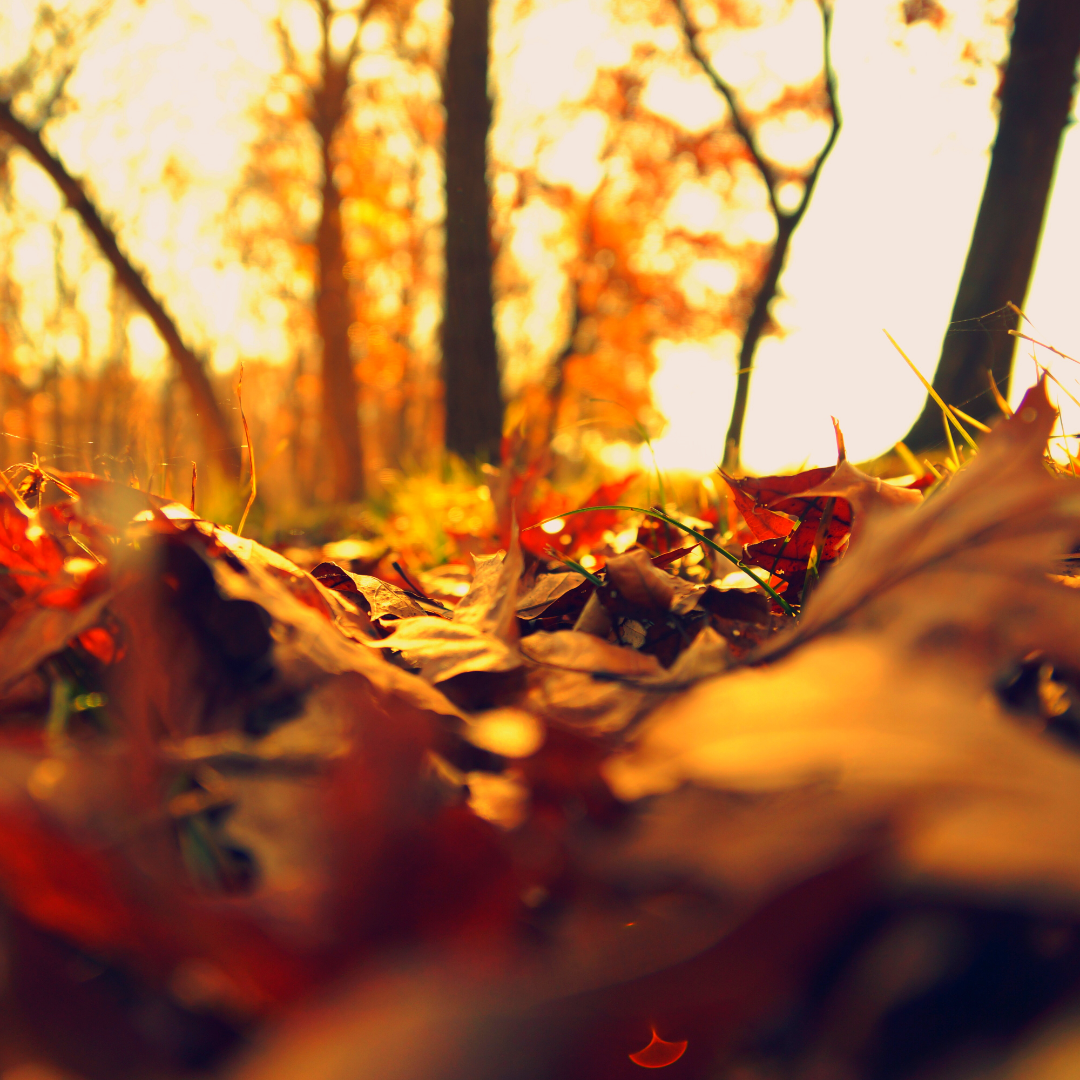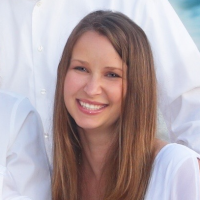
Samantha Stephenson reflects on whether we should see death as the end, or merely graduation.
It’s All Saints Day and I find myself at Mass alone.
It’s the year of the pandemic, and the only place I’ve been without my children for months is in the shower. And I do feel alone. Maybe it’s the covered faces, or all the space spreading us out across this outdoor armada - a space meant for gathering that we’re using to spread us apart.
My eyes scroll the list of names above the altar, the dead floating in alphabetical order.
As the priest reads each name aloud, I’m back in my teaching days, sitting in a different folding plastic chair set up to use another expansive space for something other than its purpose. It’s a gym, and the names being read are those of students as they walk across a stage. It strikes me that this, too, is a kind of commencement. Each of us who sits here will one day be on that list.
Graduation. Commencement exercises. Two things at once. Goodbye to the old. An end makes way for a new beginning.

I used to sit there and think smugly to myself about the graduates’ limited perspective, their thoughts no about dwelling on all they’d weathered and accomplished. I’d chuckle at them and think:
Don’t you know? This has only been practice. Reality is just beginning.
I imagine all these Saints we honor watching us scramble through our days, and I wonder if they see us as I saw each of those teenagers, year after year, walking confidently (or wobbling in heels too high) across the stage. I wonder if they, too, whisper as they watch us:
Don’t you know? This has only been practice. Reality is just beginning.
Names echo across the armada. I imagine each one passing across the stage of death into eternity, their new life dwarfing all that they ever were by comparison. I wonder: what will they say about me when it’s my name up there?
All things pass away, but my words will not pass away.
These things remain: faith, hope, and love. And the greatest of these is love.
Part of the gift of fall is watching all the blooming things fade away. Here in California, it’s not leaves set metaphorically ablaze that marks the season so much as the actual flames that rage across our state. Our home was safe this year, but the sky above was dark and ashes rained down, littering our driveway with the remains of all the fires consumed.
Ashes to ashes. Dust to dust. Everything in this season reminds us that we are going to die someday. Memento mori, the fallen echo.
What nature teaches us in these whispers is that our dying isn’t morbid at all. It is an intimately ordinary part of life. The ashes and leaves return nutrients to the soil, feeding the next generation.

And after death? Love remains. Those we’ve lost? Their love stays with us, fueling us to love all the more fiercely.
“The Mass is ended. Go in peace, glorifying the Lord by your lives,” the deacon uses my favorite closing line and, in corona-style, we all file out for Communion on the go.
Except, I don’t go. I sit. I haven’t heard this song, or any music of its kind, in so long. My dried-out soul soaks it up like grace rained down. I sit and pray, self-conscious as everyone else files past. I close my eyes and sing, mask sticking with every inhale. I will file out like the rest, but I’m not ready yet. I want to sit and savor.
St. Ignatius had a phrase for these moments: “sentir y gustar.” To feel and to savor. By savoring our feelings, he thought, we can come to know more intimately God’s desires for us, mingled intimately with our own. And so I savor. I watch as others file out for a taste of their Savior.
And then it’s my turn, too. I consume Love Incarnate, right there in the parking lot. Death is ordinary, it’s true. But miracles are ordinary, too.
Copyright 2022 Samantha Stephenson
Images: Canva
About the Author

Samantha Stephenson
Samantha Stephenson is a Catholic bioethicist, homeschooling mother of four, and author of several books helping Catholic moms grow in prayer and nurture family life. She also writes about faith, family, and the future of being human at the Choosing Human newsletter on Substack. Connect with her at SNStephenson.com.


.png?width=1806&height=731&name=CatholicMom_hcfm_logo1_pos_871c_2728c%20(002).png)
Comments